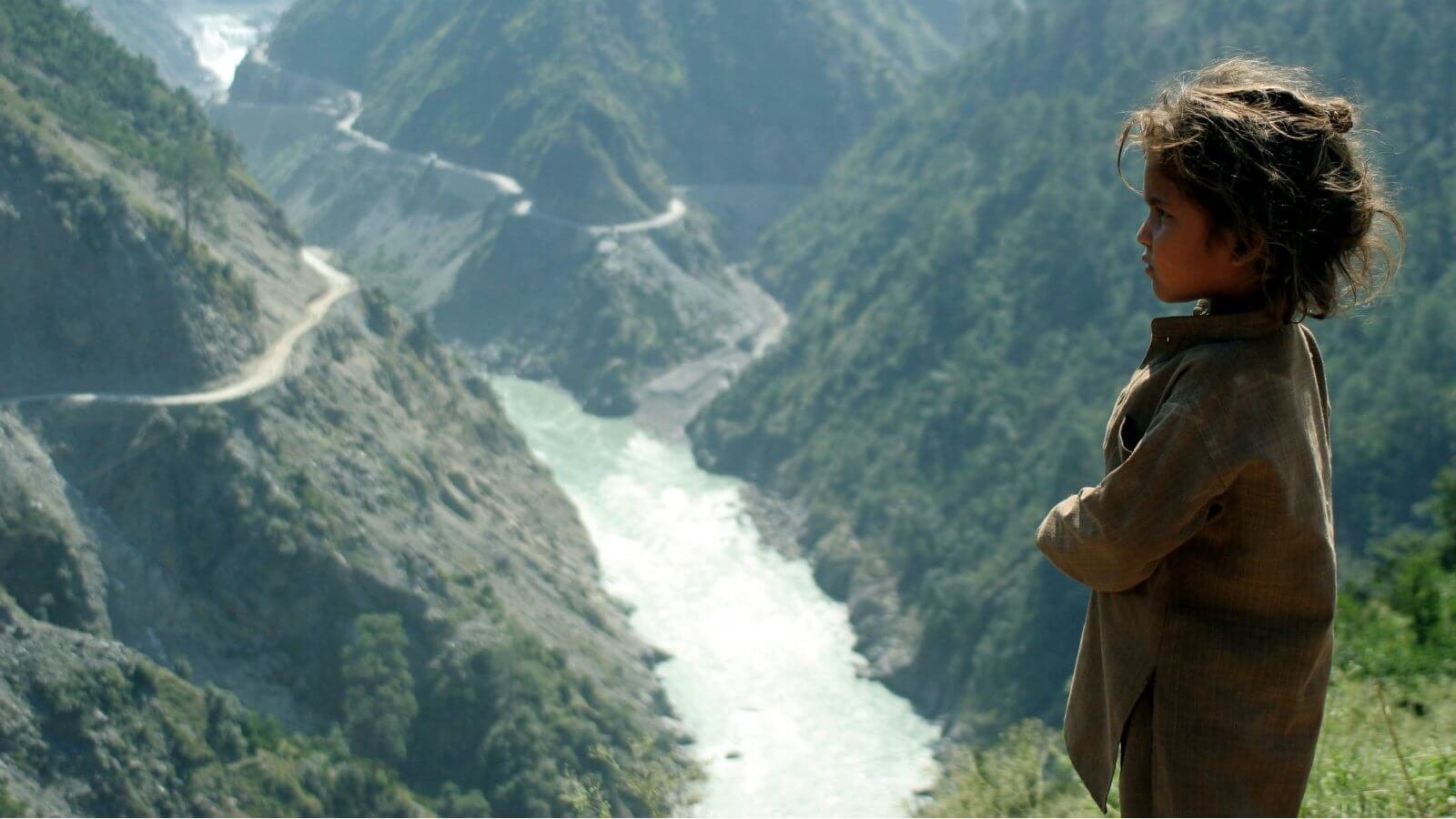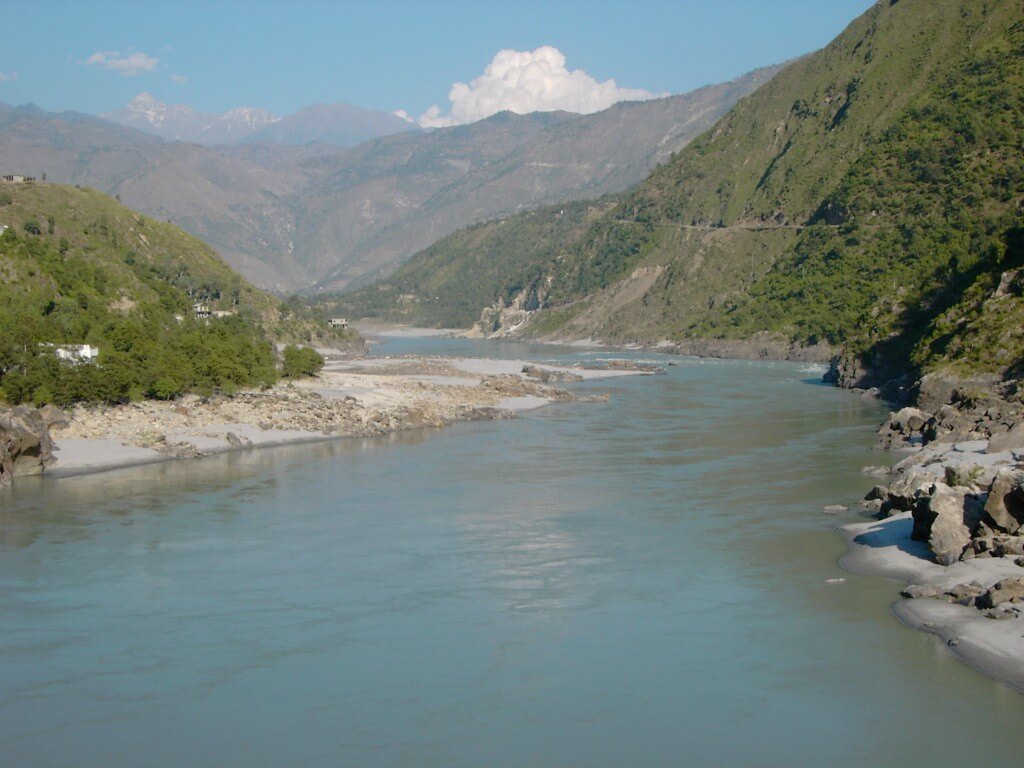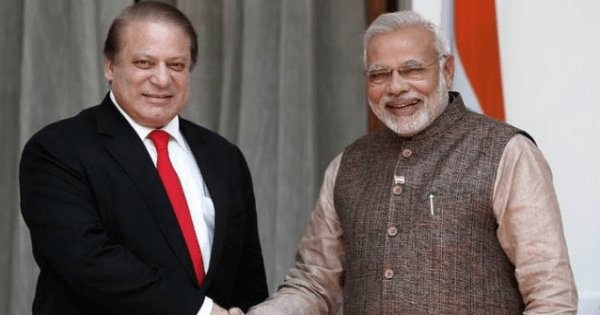The 56-year-old Indus Water Treaty has been cropping up in the current hostile Indo-Pak discourse with India making it clear that “mutual trust and cooperation” was important for such a treaty to work.
The assertion came amid calls in India that government should scrap the water distribution pact to mount pressure on Pakistan in the aftermath of audacious Uri terror attack last week.
Here’s all you need to know about the Indus Water Treaty:
1). The Indus Waters Treaty between India and Pakistan was signed by Prime Minister Jawaharlal Nehru and Pakistan President Ayub Khan in September 1960. The treaty was brokered by World Bank.

2). Under the treaty, water of six north Indian rivers were to be shared between the two countries. Therefore, these six rivers were classified into “eastern” rivers – Beas, Ravi and Sutlej, and “western” rivers – Indus, Chenab and Jhelum.
3). As per the treaty, India got control of the “eastern rivers” to be used without any restriction while Pakistan was allocated the “western rivers”.
4). A Permanent Indus Commission was formed to facilitate this treaty. Pakistan pushed hard for it as they feared that India could potentially create droughts in their country in case of a war, as four of the six rivers originate from India and the other two (Indus and Sutlej) though originate from China, pass through India into Pakistan.

5). Pakistan depends highly on the three rivers to meet its water needs as they form nearly 80% of the total volume of their river system. If India obstruct or divert the flow of these three rivers, it can put its neighbouring country in a crisis situation triggering massive drought and even famine.
6). Pakistan has been complaining of not receiving enough water and gone for international arbitration in a couple of cases.
7). Several experts believe that this treaty is highly unfair towards India as it is allowed to use only 20% of the total water carried by the Indus river.
8). One of the most significant aspects of the treaty is that it survived three wars (1965, 1971 and Kargil). A high-level UN official said that the water represents a source of cooperation and not just conflict.

9). Will India abrogate the treaty in light of the recent Uri attack? Well, experts suggest that it won’t scrap it as it isn’t feasible at least in the short term and will only use this threat as a pressure tactic. Even if India plans to go ahead with this, it will takes several years to build huge dams or reservoirs or canals to stop or divert the flow.
10). Abrogation will also have side-effects – It will attract criticism from world powers, it may even lead to floods in the Kashmir valley and China being an ally of Pakistan might do the same to India as Indus and Sutlej rivers originate from there.
(Feature image source: Wiki commons)

















